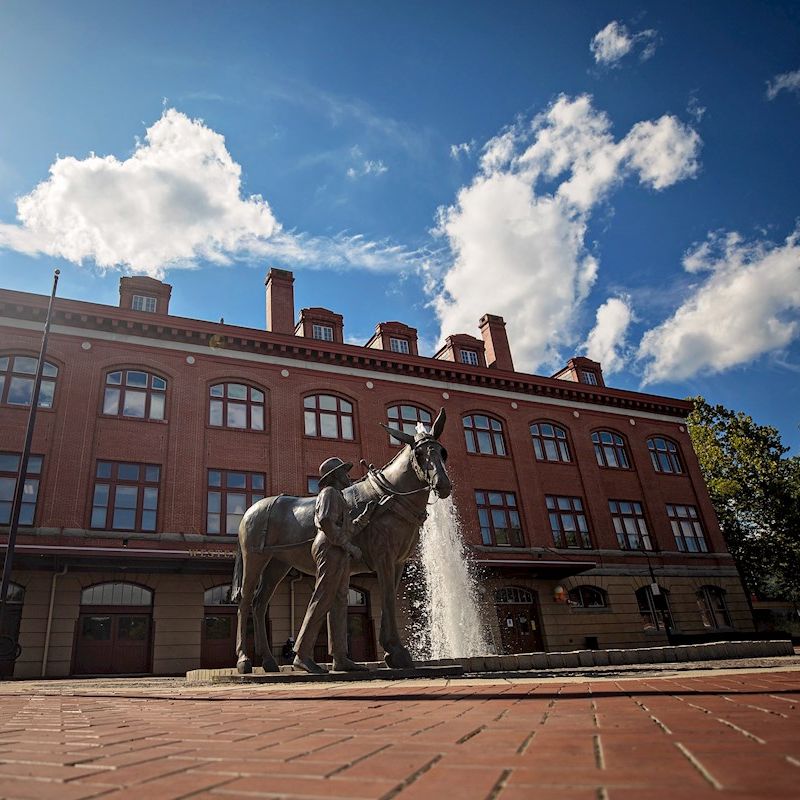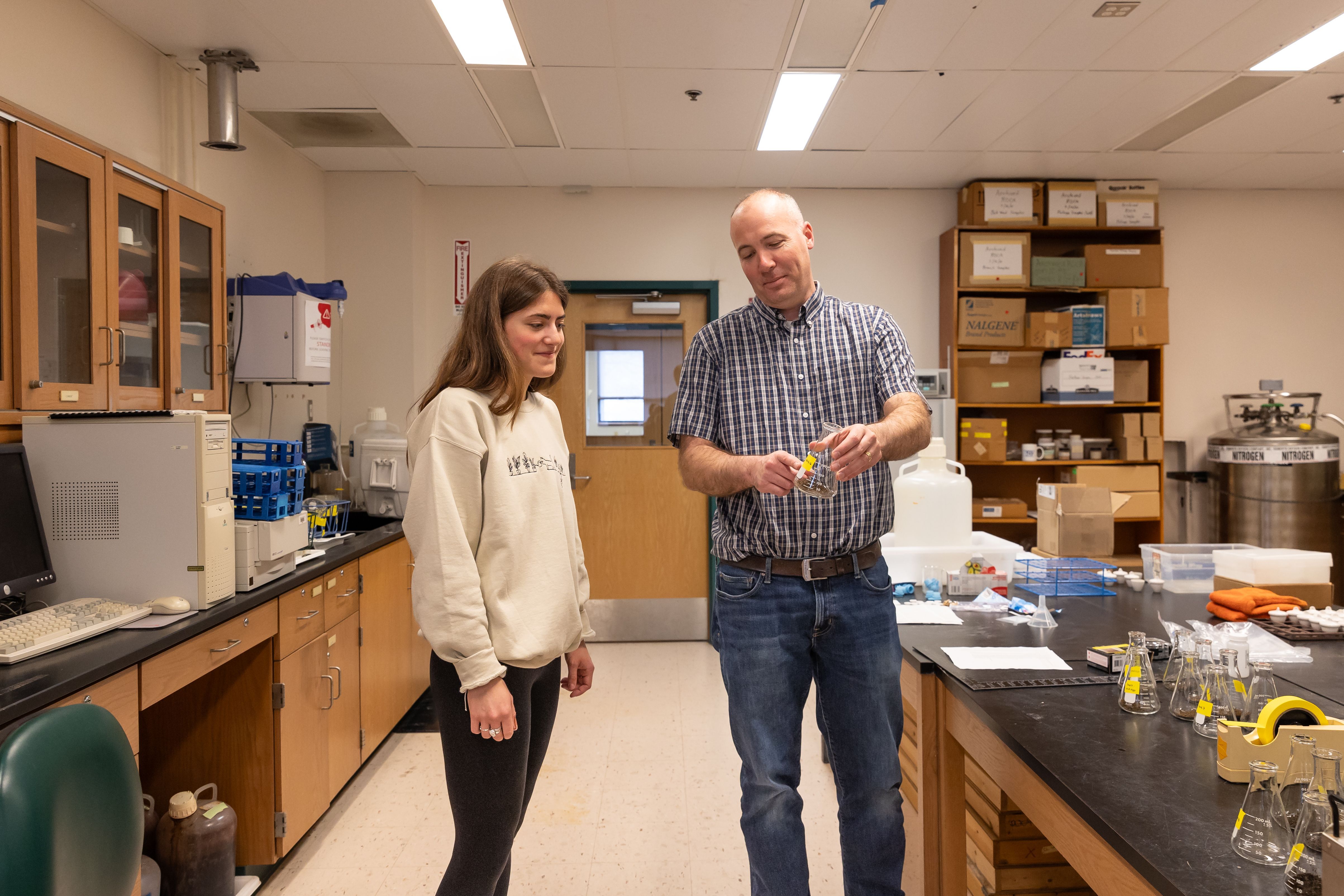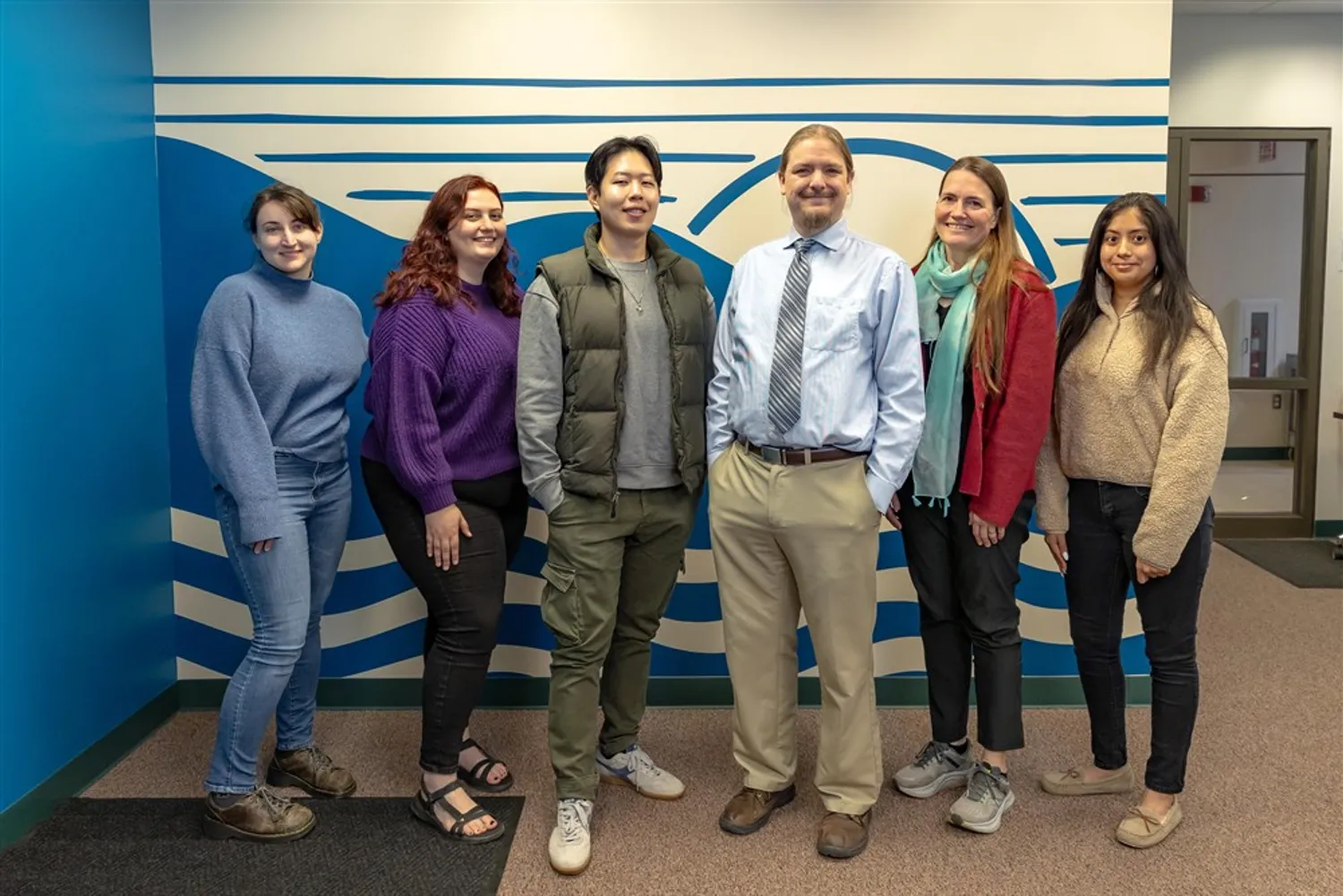
Frostburg State University (FSU) and the University of Maryland Center for Environmental Science (UMCES) have joined forces to address the pressing need for a skilled workforce in environmental sustainability. This collaboration has led to the creation of a new Master in Environmental Management (MEM) in Sustainability degree option. The significance of this initiative goes beyond academia, as it plays a vital role in Allegany County's growth within the environmental sustainability sector.
The program was established in response to the increasing demand for professionals specializing in environmental sustainability. While there are many environmental scientists, there is a distinct need for individuals who can contribute to areas such as environmental policy, corporate environmental management, and nonprofit sustainability initiatives, according to Dr. Benjamin Norris, MEM in Sustainability Program Coordinator and FSU Professor.
“There is a shortage of people who want to work in environmental policy, or who want to work for corporations to manage and reduce its environmental footprint, or want to work for a nonprofit organization that wants to promote sustainability,” says Norris. “We also want to help increase the number of women and people of color going into these careers.”
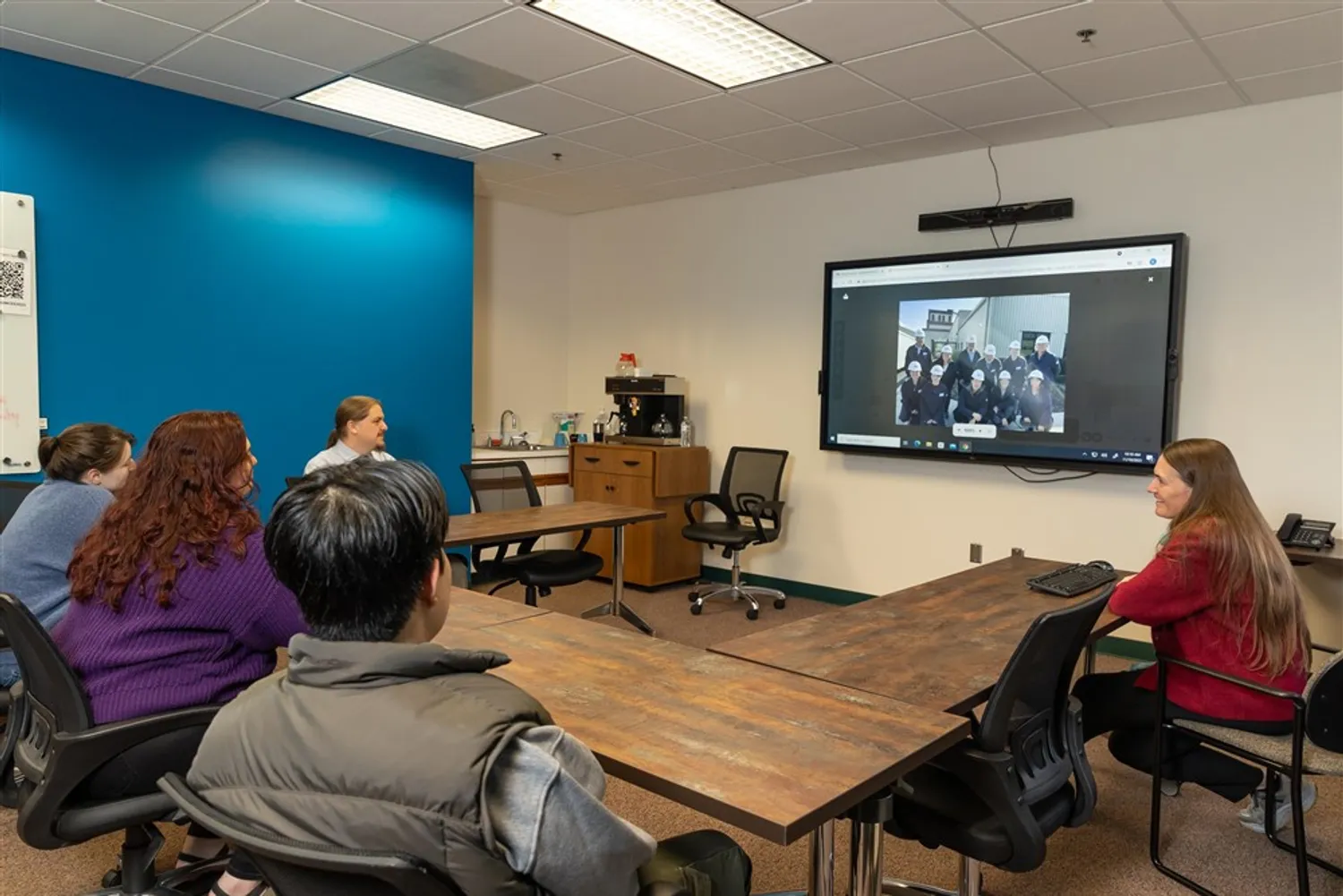
The program is held on the FSU campus and leverages the strengths of each institution; UMCES brings its environmental science expertise, while FSU offers a diverse student body eager to engage in sustainability-related careers. The partnership is designed to appeal to students from various academic backgrounds, particularly those interested in sustainability who may not have pursued an undergraduate degree in the sciences.
Such educational initiatives are crucial for Allegany County's expansion in the environmental sciences sector as the region pivots towards sustainability. Allegany County’s economic growth and environmental stewardship must coalesce, especially given the region's historical reliance on industries like coal mining.
“There is a shortage of people who want to work in environmental policy, or who want to work for corporations to manage and reduce its environmental footprint, or want to work for a nonprofit organization that wants to promote sustainability.” - Dr. Benjamin Norris, MEM in Sustainability Program Coordinator and FSU Professor
"Coal mining is still a significant employment opportunity in the area. It's important to consider sustainable methods that protect the environment because the area’s physical beauty is a major draw to this region," says Norris. "Numerous former coal mining sites present opportunities for redevelopment. Understanding the implications of building on these reclaimed lands and the potential environmental challenges is critical, especially for companies that may not be used to thinking about it. The aim is to foster a proactive mindset towards these issues."
The MEM in Sustainability curriculum offers an interdisciplinary approach with 21 core credits, environmental science electives, and additional courses in organizational leadership, finance, and law. The emphasis is on understanding the intricate relationship between environmental stewardship and economic considerations.
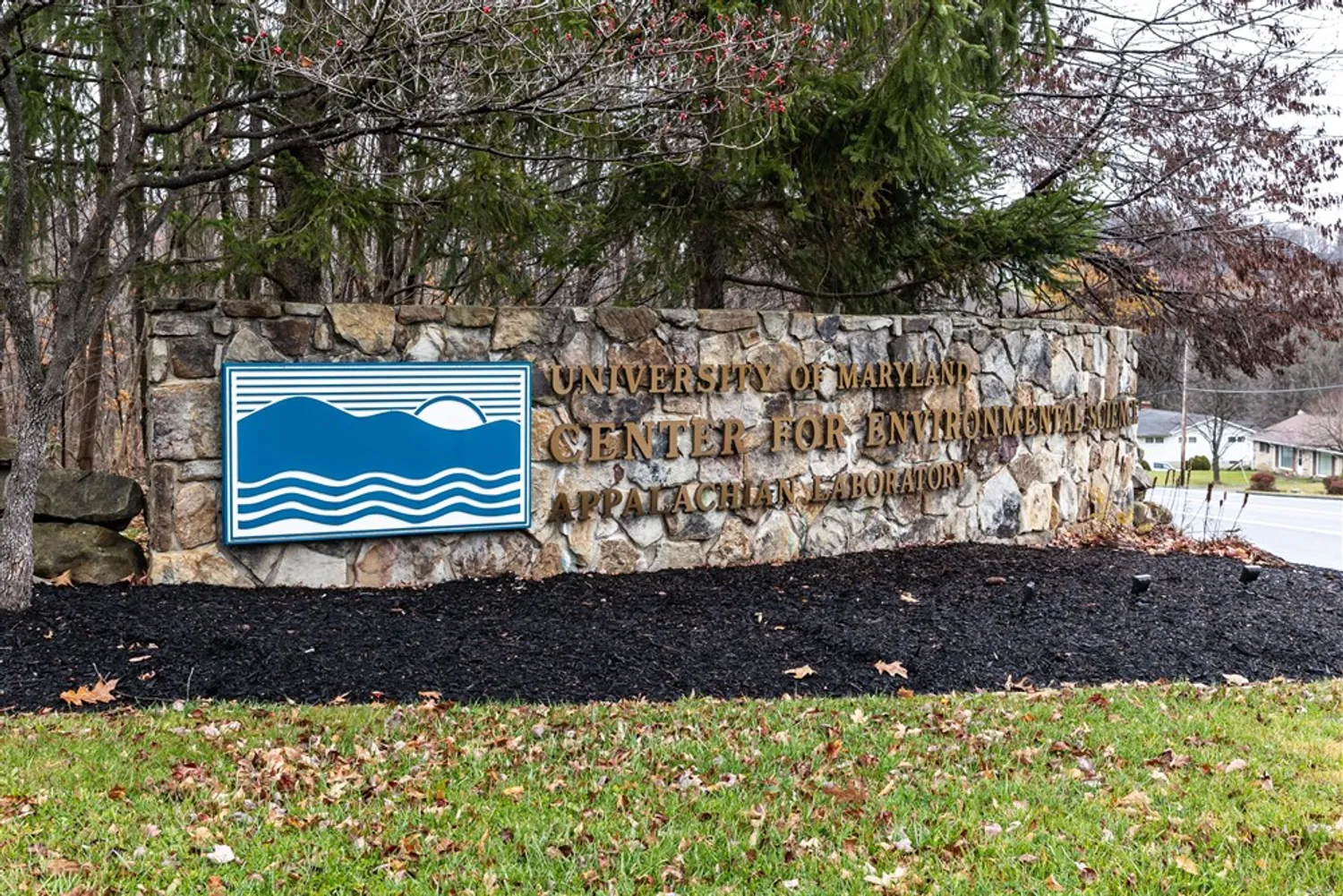
“While the program has just launched, we are really hopeful that this intentional connection to partner organizations will lead directly to employment opportunities for our students" - Dr. Benjamin Norris, MEM in Sustainability Program Coordinator and FSU Professor
A practical component of internships or apprenticeships is included, allowing students to gain direct experience in addressing environmental sustainability challenges. These experiences are intended to bridge the gap between academic study and practical application, preparing students for the workforce. In the early stages of the program, students select an external partner organization, which can be a company, government agency, nonprofit organization, or educational institution. Around halfway through the program, they collaborate with their chosen partner organization to identify sustainability challenges and devise solutions as part of the program's capstone project.
“We’re being very purposeful that our program is focused on building connections and a workforce directly through practical experiences. While the program has just launched, we are really hopeful that this intentional connection to partner organizations will lead directly to employment opportunities for our students,” says Norris.
This program is not just an educational pathway; it is a deliberate strategy for workforce development that promises to foster Allegany County's growth in environmental sustainability.
“We need these internship placements for our students, but we want the companies and organizations to know that it also benefits them,” says Norris. “We want to help them understand that this is a good place to locate because there will be students graduating ready to fill positions and that there is intellectual capital here.”
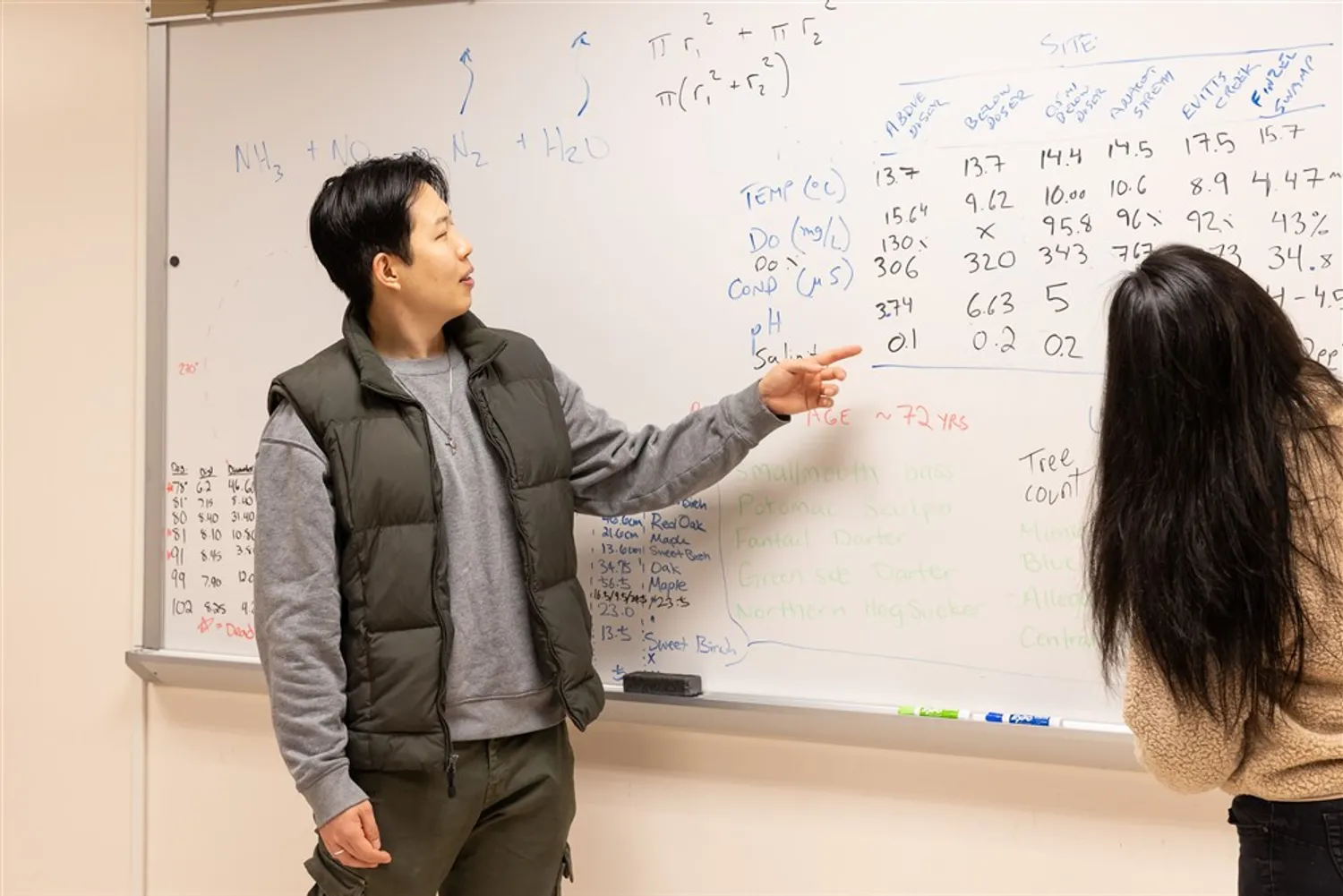
With the impending arrival of companies like Clym Environmental Services, which is pioneering eco-friendly medical waste treatment technology in Allegany County, the demand for a workforce that is both passionate about and trained in sustainable practices is surging.
Charles Watts, President and Managing Member of Clym, shared the company’s ambition to hire an initial workforce of around 75 individuals and their enthusiasm for collaborating with FSU to cultivate this talent pool.
“We’re doing things a little bit differently, such that experience isn’t very valuable to us, and that’s why we’re excited about a potential partnership with Frostburg State University,” says Watts. “We’re looking for young folks who are pliable, who are willing to learn and can help us present a brand new service to the marketplace. So, we think we’ll hire locally and train specifically.”
To learn more about the MEM in Sustainability program, click here.
Visit our blog to learn more about workforce enhancement, community growth, and economic advancement endeavors in Allegany County.
